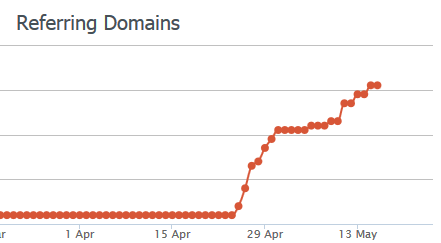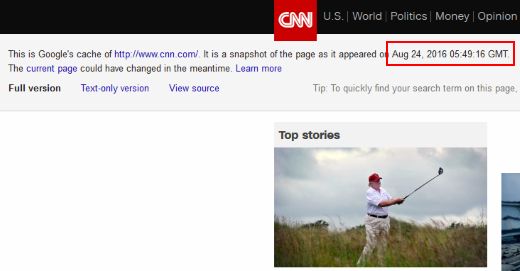Ten Crucial Mistakes Most SEO Consultants Make
The rules of the SEO game are constantly changing; nevertheless, I still see many SEO consultants playing it the way it worked a decade ago. Here are the most frequent mistakes made by the SEOs even today:
1. Obsess about site authority metrics. PageRank is gone for good, and it wasn’t accurate/updated anyway. We’ve got several backlink quality indicators like DA, PA, CF, TF, of course, but if the target site has a decent number of visitors and is relevant, go for it!
2. Focus their energy on only getting dofollow links. Did you know that nofollow links coming from authoritative websites help boost your rankings as well? Not only that, but by getting nofollow links, you are also building a natural looking linking profile.
3. Target a few keywords that have a big search volume, rather than chasing many long tail keywords. It is a well known fact that most of Google’s traffic comes from long tail searches. After the Hummingbird update, it is even more important to focus your efforts on creating and promoting content that targets lots of long tail keywords.
4. Create lots of low quality backlinks, rather than getting a few high quality, traffic sending links. What if Google stops giving importance to Web 2.0 properties today? How would that break your rankings? What if guest posting wouldn’t work anymore? And what if you were unable to rank on the first page of Google because it only includes 3 organic results now? How would you get website visitors? You could use paid ads if you had the needed budget, of course, but links that come from websites with huge traffic can send lots of visitors to you website for free. Create a comprehensive resource, and then promote it, trying to get as many high quality traffic producing backlinks to it as possible.

5. Creating website pages that target a specific keyword density value is another huge mistake. Gone are the days when a 3…5% keyword density was the key to success; nowadays, search engines can understand what your content is about, because semantics have become an important part of their algorithms. Forget about keyword densities; if the targeted keyword appears once in the title and a few times in the text, Google will understand what you are trying to rank for.
6. Ignore the page loading speed. The mobile searches volume has exceeded the number of desktop searches. The good news is that Google’s PageSpeed Insights does a great job, testing the loading speed of your website and offering suggestions that will help you optimize it for mobile devices and desktop PCs as well.
7. Create website pages and then forget about them, rather than constantly boosting their authority. How many times have you created a single, perfectly optimized web page, and then started to build links to it because you wanted to rank it for a particular keyword? With modern SEO, you need to reinforce that page by writing lots of blog articles that complement it and link to it, thus creating a virtual silo that solves people’s problems and has a great resource at its core: the original website page.
8. Get useless links from sites that are given little importance by Google. Would you go after a link that comes from a website that wasn’t visited by Google in years? Use a cache:site.com Google search (works for individual pages too!) to see the date when the site was crawled by Google’s spider last time; if it’s more than a few months ago, you’d better focus your energy on getting a link from a more valuable site.

9. Chase very difficult keywords and never get decent rankings for them, rather than ranking for lots of longer tail, easier to rank keywords. I see this happening over and over: poor keyword research leads to poor SEO performance. Use your brain to come up with high search volume, low competition keywords by using industry slang, product names, keywords that appear in industry related top 10 lists, and so on.
10. SEOs don’t set proper client expectations, and then they can’t explain the poor results. Don’t ever promise page 1 or #1 rankings! It may not happen, and then you will have to explain quite a few things. It’s always better to focus on ROI (get more website visitors and sales, for example) rather than using rankings. If your clients pay for AdWords, for example, strive to get them organic “clicks” at a lower price – this makes sense and shows them that your SEO services are cost-effective.
